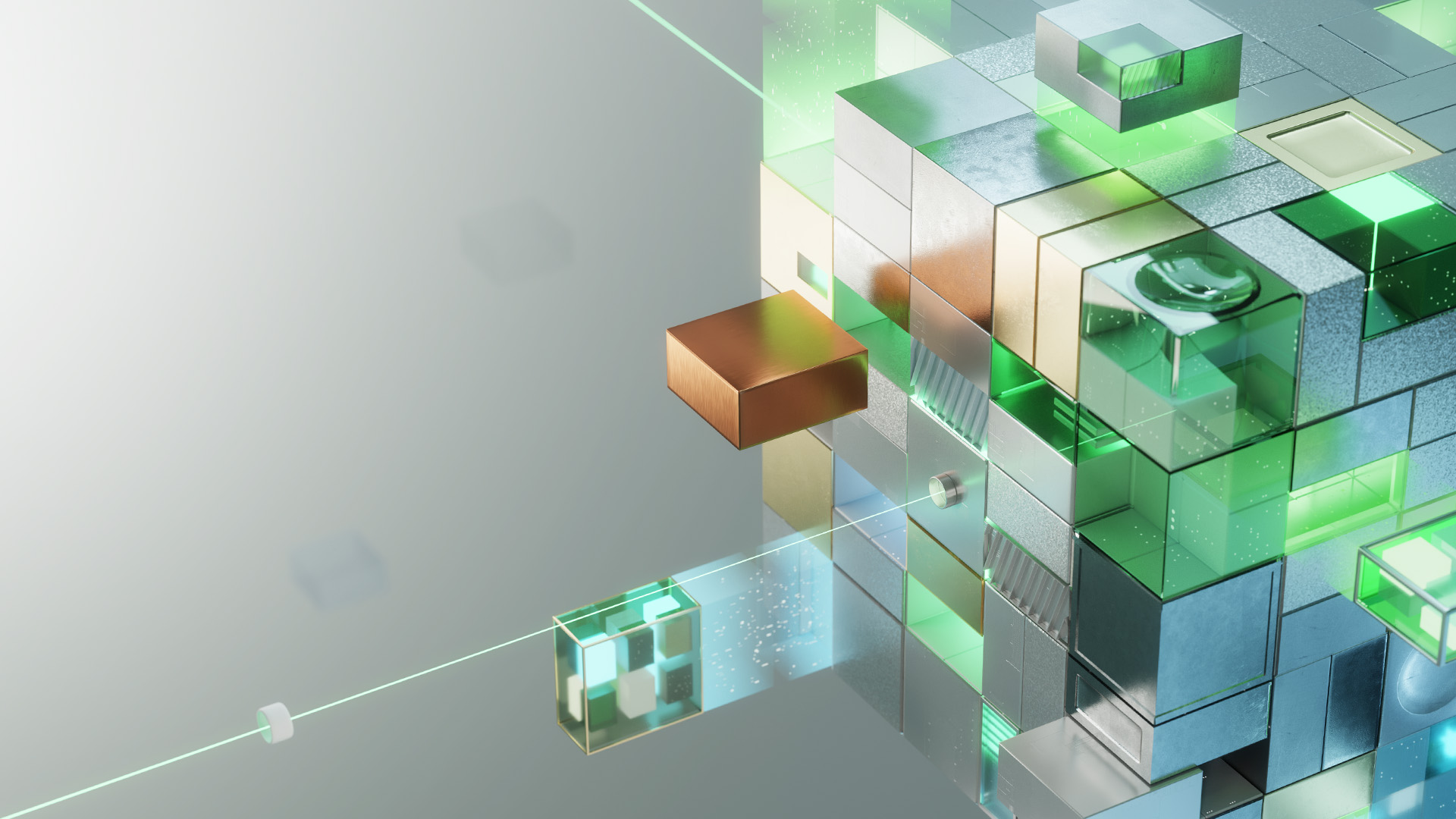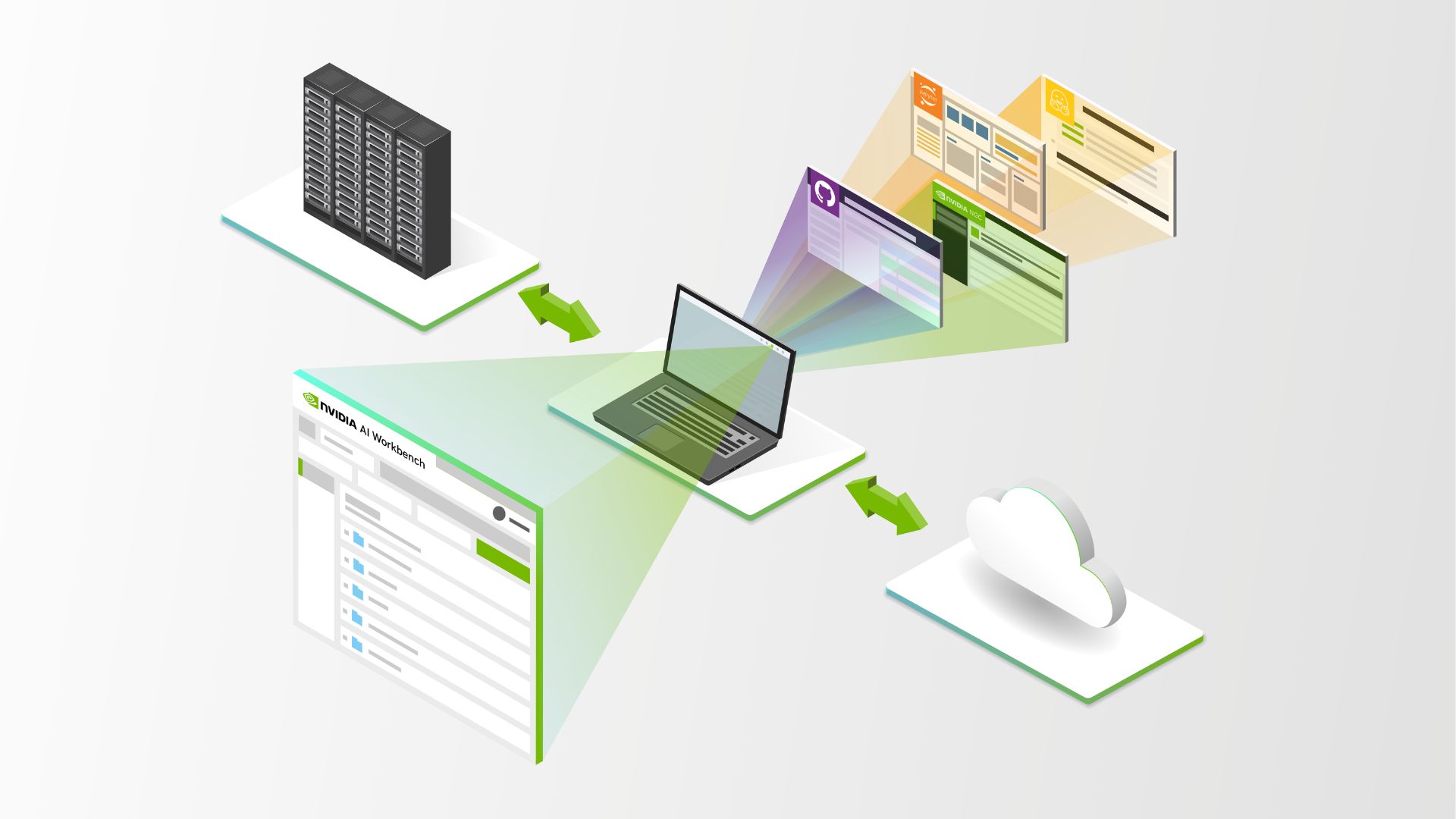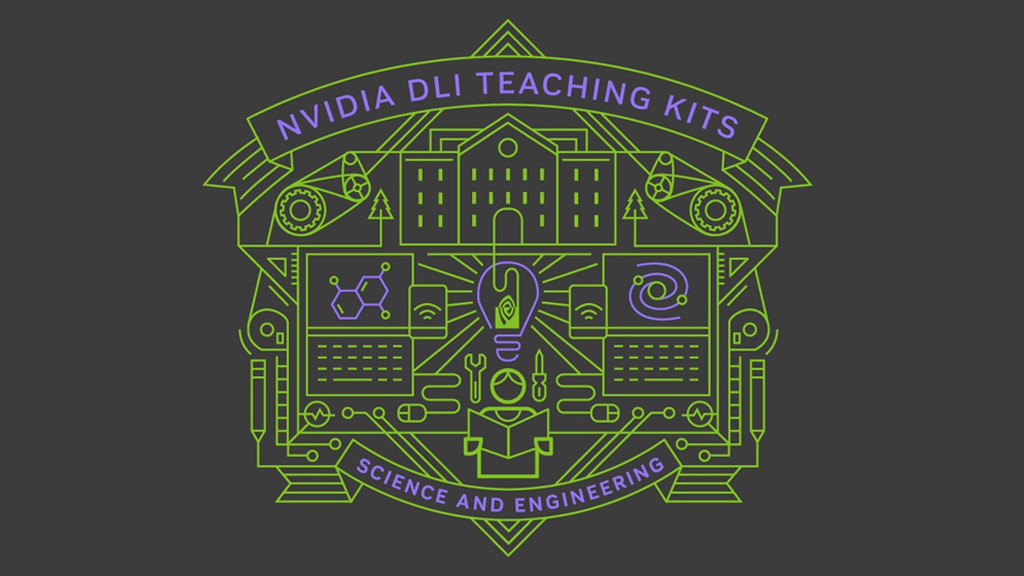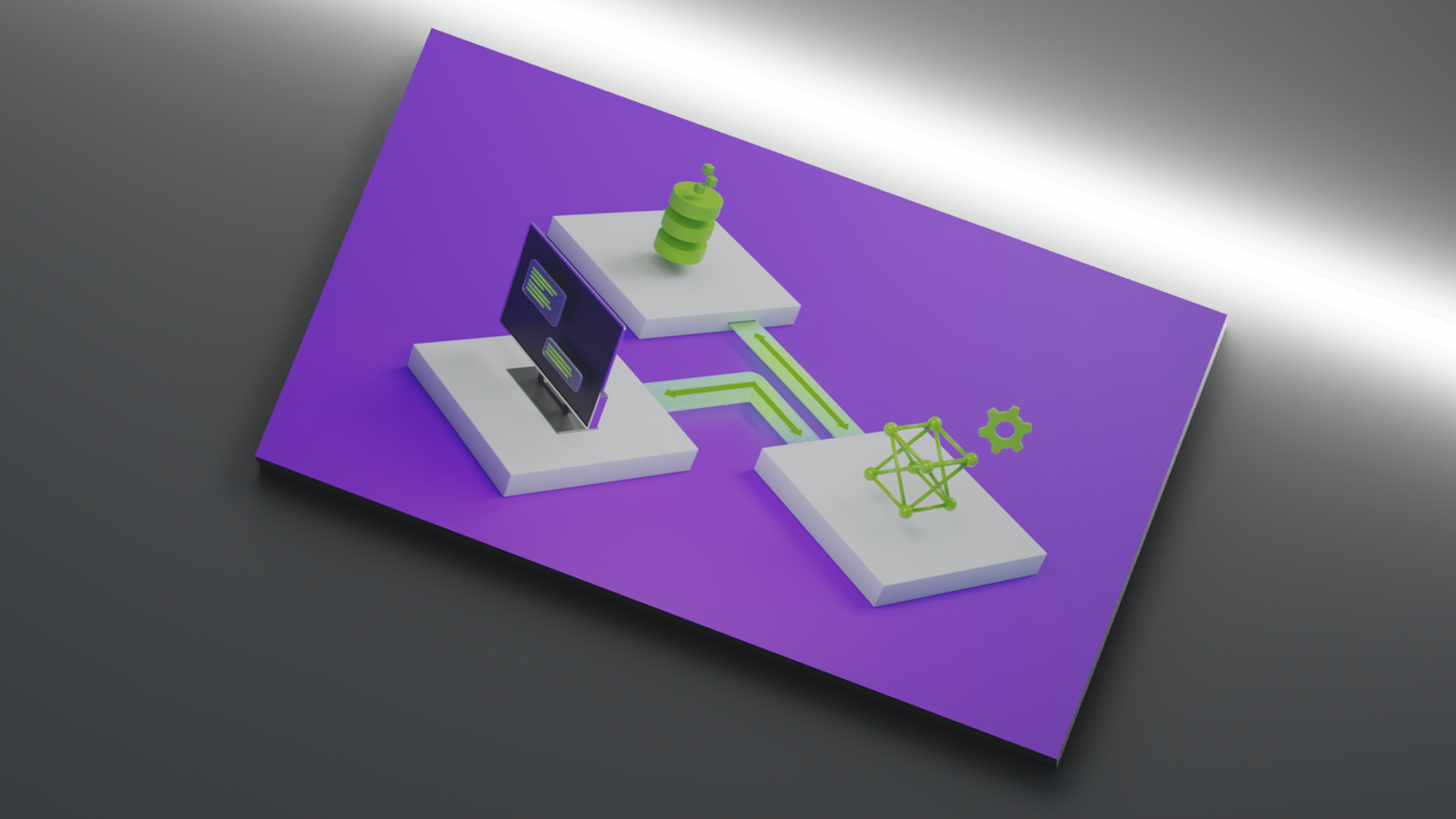Developers across industries are building 3D tools and applications to help teams create virtual worlds in art, design, manufacturing, and more. NVIDIA Omniverse, an extensible platform for full fidelity design, simulation, and developing USD-based workflows, has an ever-growing ecosystem of developers building Python-based extensions. We’ve launched contests in the past for building breathtaking 3D simulations using the Omniverse Create app.
Today, we’re announcing our first NVIDIA Omniverse contest specifically for developers, engineers, technical artists, hobbyists, and researchers to develop Python tools for 3D worlds. The contest runs from July 11 to September 9, 2022. The overall winner will be awarded an NVIDIA RTX A6000, and the runners-up in each category will win a GeForce RTX 3090 Ti.
The challenge? Build an Omniverse Extension using Omniverse Kit and the developer-centric Omniverse application Omniverse Code. Contestants can create Python extensions in one of the following categories for the Extend the Omniverse contest:
- Layout and scene authoring tools
- Omni.ui with Omniverse Kit
- Scene modifier and manipulator tools
Layout and scene authoring tools
The demand for 3D content and environments is growing exponentially. Layout and scene authoring tools help scale workflows for world-building, leveraging rules-based algorithms and AI to generate assets procedurally.
Instead of tediously placing every component by hand, creators can paint in broader strokes and automatically generate physical objects like books, lamps, or fences to populate a scene. With the ability to iterate layout and scenes more freely, creators can accelerate their workflows and free up time to focus on creativity.
Universal Scene Description (USD) is at the foundation of layout and scene authoring tools contestants can develop in Omniverse. The powerful, easily extensible scene description handles incredibly large 3D datasets without skipping a beat—enabling creating, editing, querying, rendering, and collaboration in 3D worlds.
Omni.ui with Omniverse Kit
Well-crafted user interfaces provide a superior experience for artists and developers alike. They can boost productivity and enable nontechnical and technical users to harness the power of complex algorithms.
Building custom user interfaces has never been simpler than with Omni.ui, Omniverse’s UI toolkit for creating beautiful and flexible graphical UI design. Omni.ui was designed using modern asynchronous technologies and UI design patterns to be reactive and responsive.
Using Omniverse Kit, you can deeply customize the final look of applications with widgets for creating visual components, receiving user input, and creating data models. With its style sheet architecture that feels akin to HTML or CSS, you can change the look of your widgets or create a new color scheme for an entire app.
Existing widgets can be combined and new ones can be defined to build the interface that you’ve always wanted. These extensions can range from floating panels in the navigation bar to markup tools in Omniverse View and Showroom. You can also create data models, views, and delegates to build robust and flexible interfaces.
Scene modifier and manipulator tools
Scene modifier and manipulator tools offer new ways for artists to interact with their scenes. Whether it’s changing the geometry of an object, the lighting of a scene, or creating animations, these tools enable artists to modify and manipulate scenes with limited manual work.
Using omni.ui.scene, Omniverse’s low-code module for building UIs in 3D space, you can develop 3D widgets and manipulators to create and move shapes in a 3D projected scene with Python. Many primitive objects are available, including text, image, rectangle, arc, line, curve, and mesh, with more regularly being added.
We can’t wait to see what extensions you’ll create to contribute to the ecosystem of extensions that are expanding what’s possible in the Omniverse. Read more about the contest, or watch the video below for a step-by-step guide on how to enter. You can also visit the GitHub contest page for sample code and other resources to get started.
Don’t miss these upcoming events:
- Join the Omniverse community on Discord for the Getting Started – #ExtendOmniverse Developer Contest livestream.
- Join us at SIGGRAPH for hands-on developer labs where you can learn how to build extensions in Omniverse.
Learn more in the Omniverse Resource Center, which details how developers can build custom applications and extensions for the platform.
Follow Omniverse on Instagram, Twitter, YouTube, and Medium for additional resources and inspiration. Check out the Omniverse forums and join our Discord Server to chat with the community.










